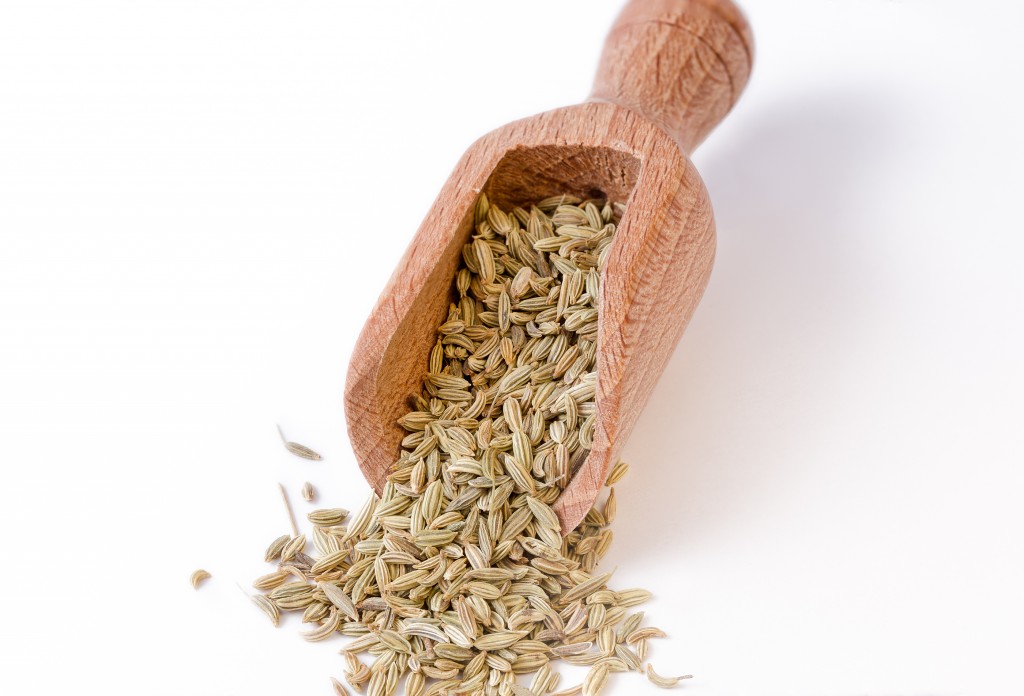- Make It Yourself Lavender Heart-Shaped Bath Bombs!
- 20 Things You Never Knew About “Down There”
- 12 Best Foods For Those Suffering From Arthritis Pain
- 12 Personal Hygiene Mistakes Almost Everyone Makes (Mom Never Told You About #4!)
- 15 Medicinal Plants And Herbs From The Cherokee People
- 12 Mind-Blowing Benefits Of Drinking Coconut Water During Pregnancy
- 12 Outstanding Winter Foods That Won’t Fatten You Up Like A Christmas Turkey
12 Ways To Stop Annoying Your Spouse (Come On, You Know You Do!)

Photo credit: bigstock.com
9. Fennel Seeds
This is perhaps that No. 1 recipe most often recommended to relieve gas and bloat. If you like fennel, you can chew on some fresh leaves after each meal. Most people simply make a tea by boiling some fennel seeds in some boiling water for three to five minutes, strain, and then drinking it hot. You can also mix fennel seeds with some mint leaves and a bit of cardamom in some boiling water. Steep for five minutes, then strain and drink for instant relief from excess gas.
10. Baking Soda And Lemon
This is an age old home treatment for gas which also happens to make an effective antacid. Squeeze the juice from one organic lemon into a glass, and then add about a teaspoon of baking soda to it. This will cause it to fizz a bit. Add another half a teaspoon of baking soda then mix in one cup of water. Stir until all the baking soda has dissolved, and then drink, slowly, over the next five or 10 minutes.
READ ALSO: How to Naturally Relieve Gas: 5 Trusted Ways
11. Asafetida
This little-known spice is an effective remedy against gas. It has powerful anti-flatulent and anti-spasmodic compounds that work quickly. All it takes is a pinch of asafetida in a glass of warm water after every meal. Another method is to sprinkle just a bit of asafetida on a banana and eat as often as necessary to get relief from excess gas.
12. Garlic
The pungent heat in garlic stimulates the gastric fire in the body, offering relief from stomach gas. You can add organic garlic to your meals to help aid in the digestion process and reduce gas. Another method is to boil some ground garlic in a cup or two of water for three to five minutes. Add a pinch of black pepper and some cumin seeds. Strain and then cool until it reaches room temperature and drink two or three times each day.
You can also simply avoid gas by eating fewer — or avoiding completely — foods that tend to cause gas such as beans, cabbage, onions, apples, corn, prunes, peaches, and ice cream.
References:
































